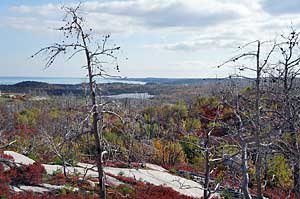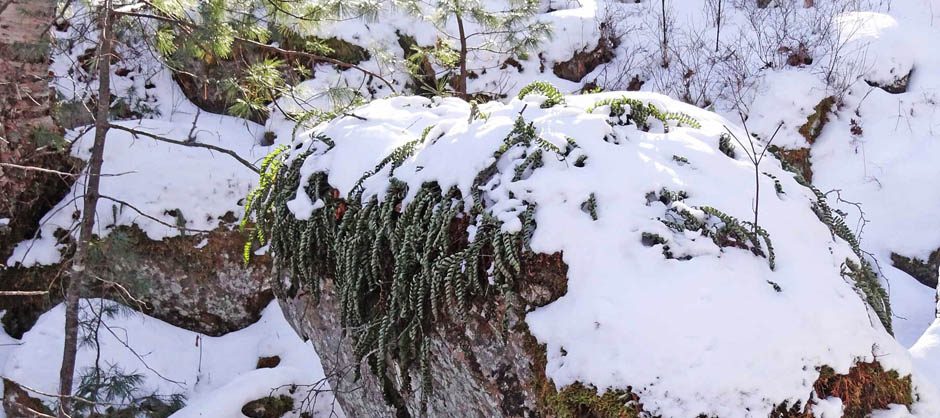 Halifax Councillors are expected to vote tomorrow on a controversial request by four developers to change the current Urban Reserve designation for a significant portion of the Purcell’s Cove/Williams Lake Backlands. The issue is on the agenda for the Committee of the Whole meeting, as part of the larger debate and vote on final revisions for the Regional Plan.
Halifax Councillors are expected to vote tomorrow on a controversial request by four developers to change the current Urban Reserve designation for a significant portion of the Purcell’s Cove/Williams Lake Backlands. The issue is on the agenda for the Committee of the Whole meeting, as part of the larger debate and vote on final revisions for the Regional Plan.
“We’re counting on our elected representatives to heed the wishes of their constituents, and also to follow the advice of City Planning Staff. Staff have been unwavering in their stance on this issue,” says Catherine McKinnon of the Backlands Coalition.
In a new report released Friday, Staff again recommended maintaining the Urban Reserve designation until 2031, for the duration of the Regional Plan. The city has “an ample supply” of serviced land already available (estimates suggest a 30-year supply exists), existing wastewater infrastructure doesn’t have the capacity to service the area, and the area’s traffic problems would be exacerbated, the Staff Report says.
The Coalition is pleased with the public interest in its recent Backlands 360 walks and discussion, held May 3 as part of the international Jane’s Walk events. More than 120 people took part in the guided walks at Piggy’s Mountain, Williams Lake and McIntosh Run, and many more signed the petition.
“The support has been remarkable, not just from the immediate community but from many residents throughout the region who treasure the Backlands,” says McKinnon. “We hope the Councillors are listening.”
The Backlands are a unique 1,300-hectare near-urban wilderness area adjacent to Purcell’s Cove Road in close proximity to William’s Lake, extending to Herring Cove Road and Powers Pond. This mosaic of habitats includes lakes, critical watersheds, hills with spectacular coastal views, and many informal hiking and biking trails.
The Jack Pine/Broom Crowberry plant communities in the Backlands are “nationally unique to Nova Scotia and globally rare,” according to a recent ecological study by biologists Drs. Nick Hill and David Patriquin. More development in the area would increase the risk of fire to homeowners in the fire-susceptible landscape, the biologists noted, and the Backlands are also vital to maintenance of the larger wetlands and water quality of both surface and groundwater in the area. Located in close proximity to the coastline in the most urbanized area of Nova Scotia, the Backlands are also an important sanctuary for both breeding and migratory birds, according to another recent study commissioned by the William’s Lake Conservation Company.
